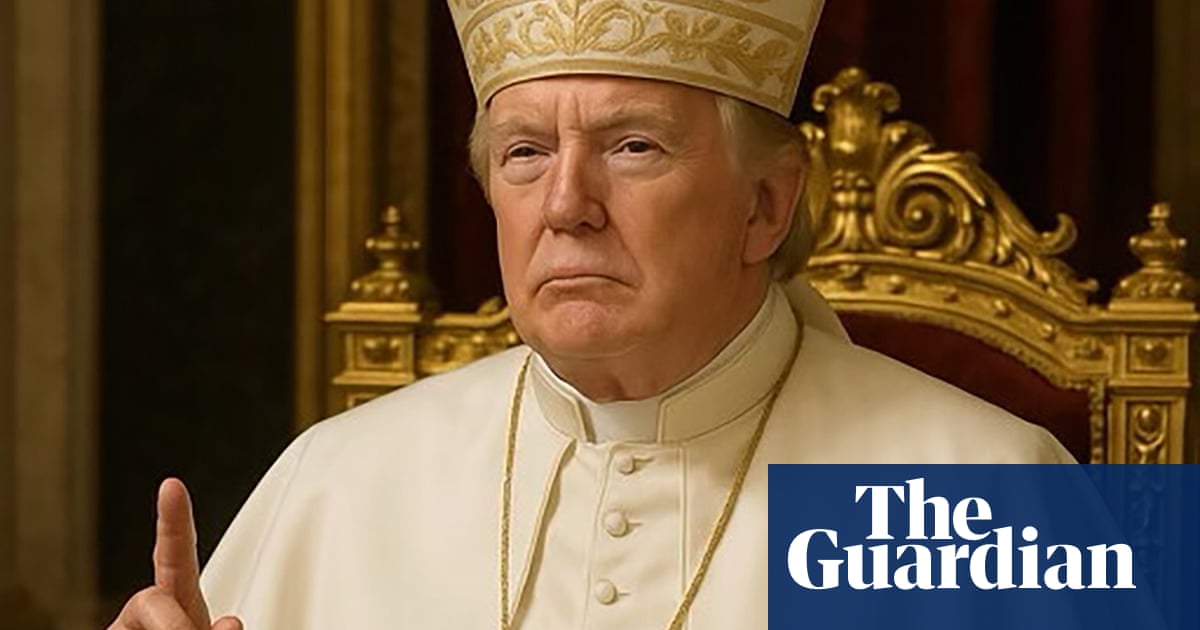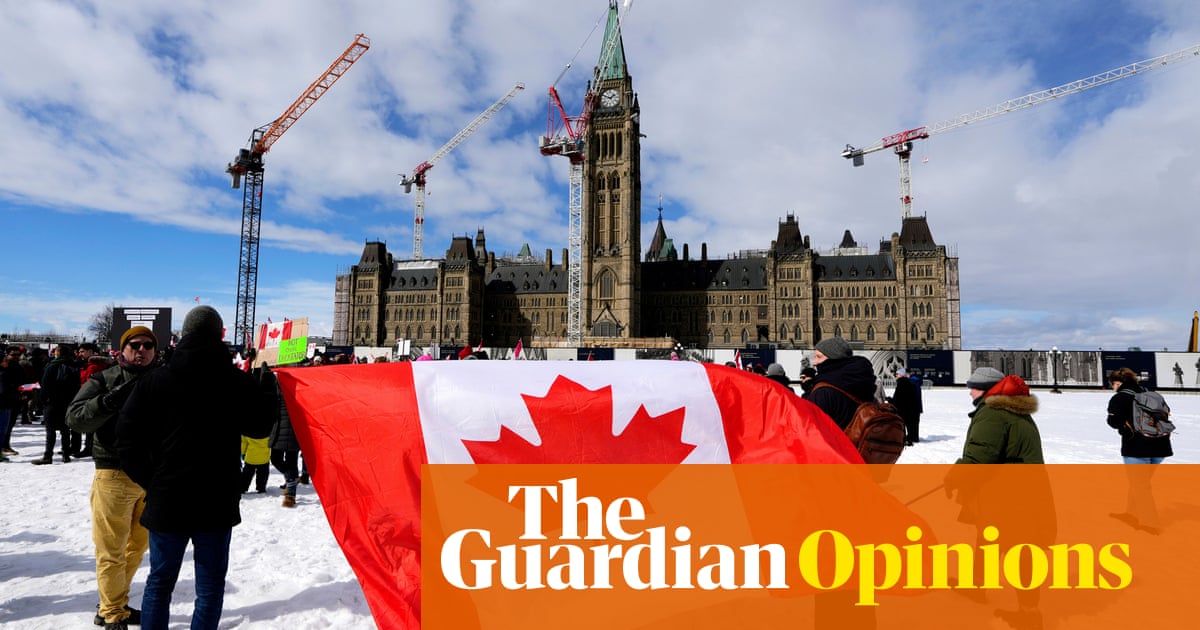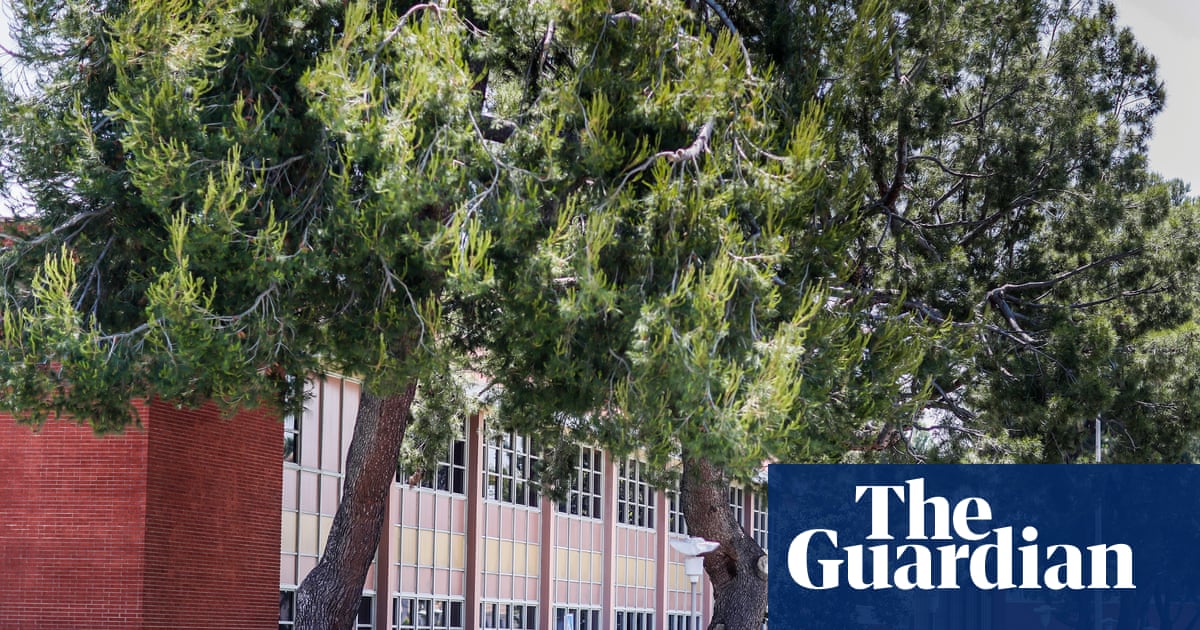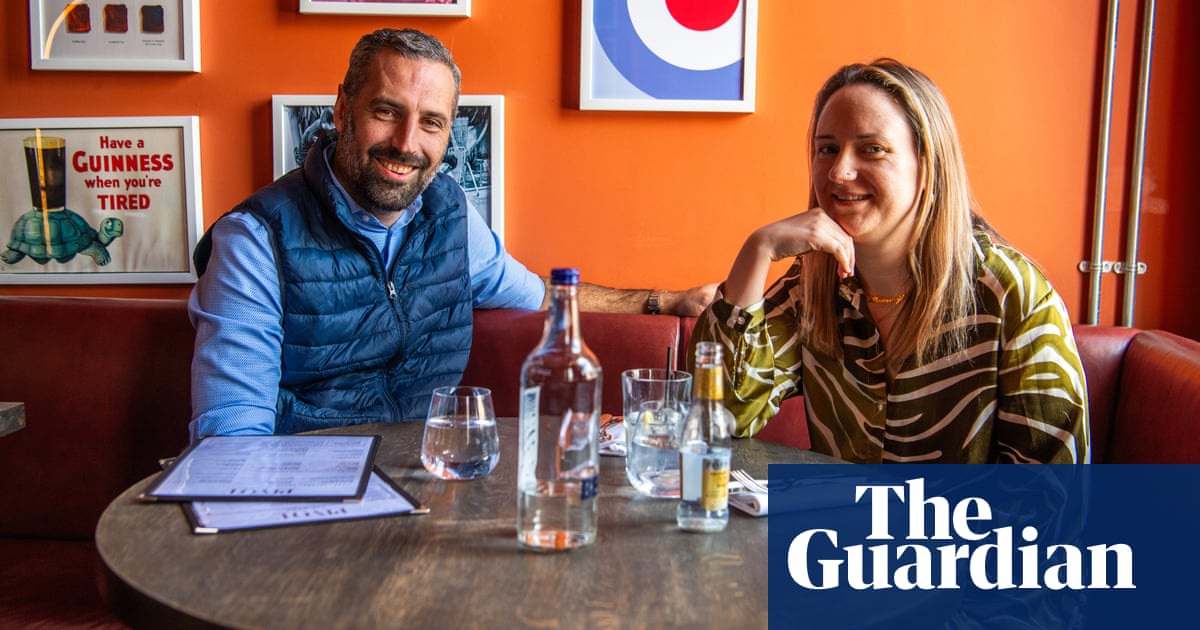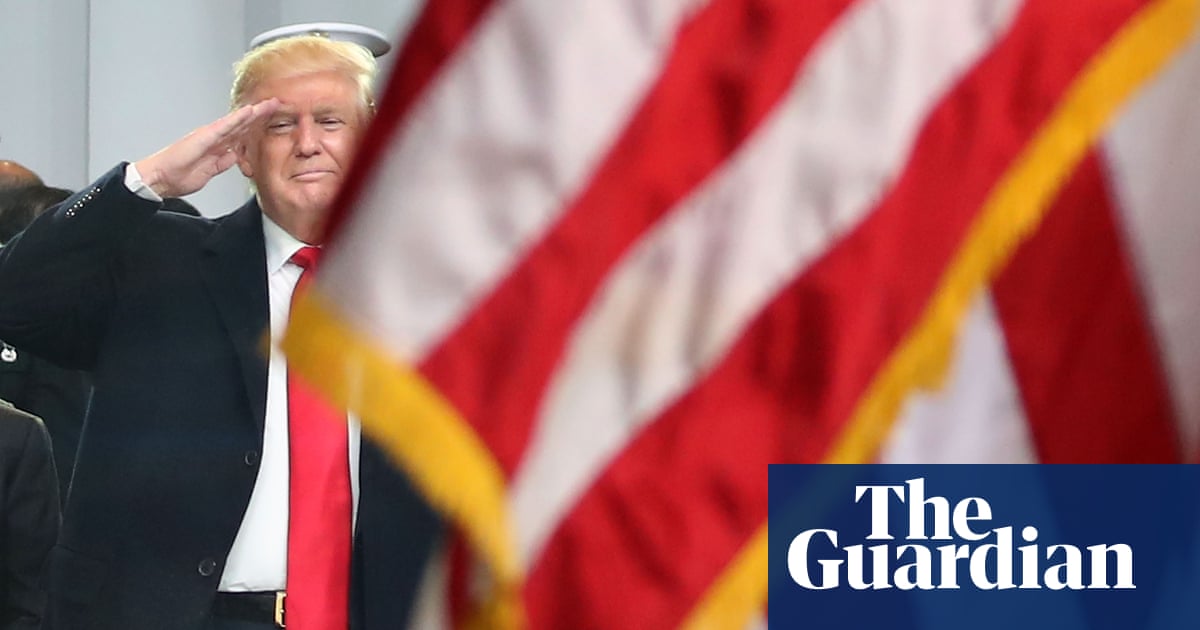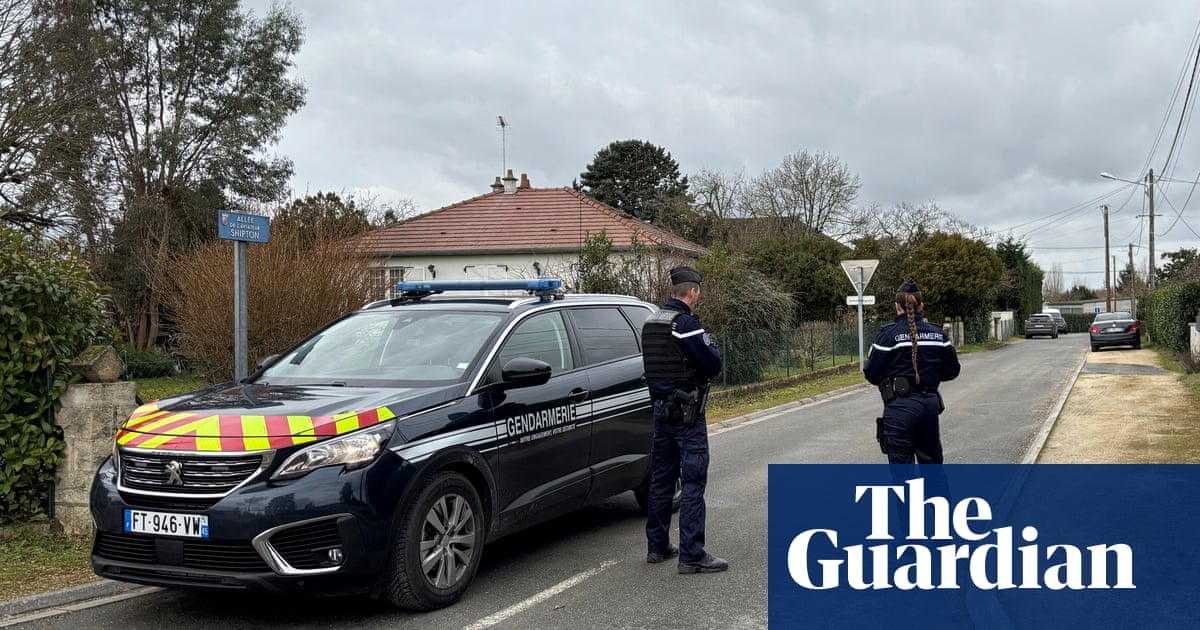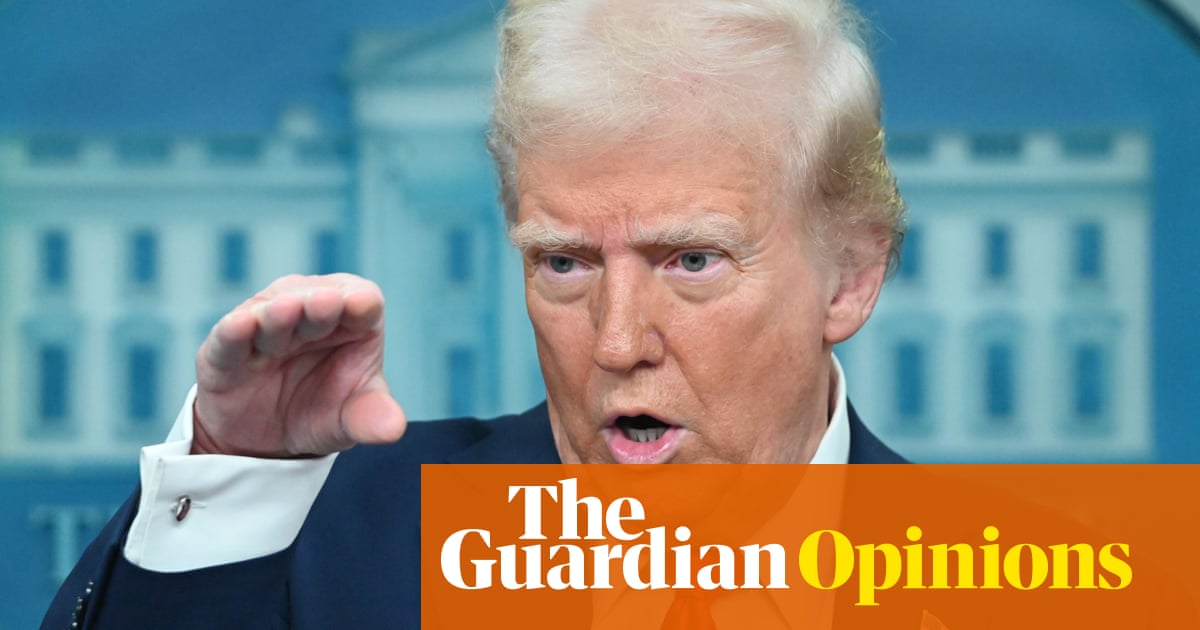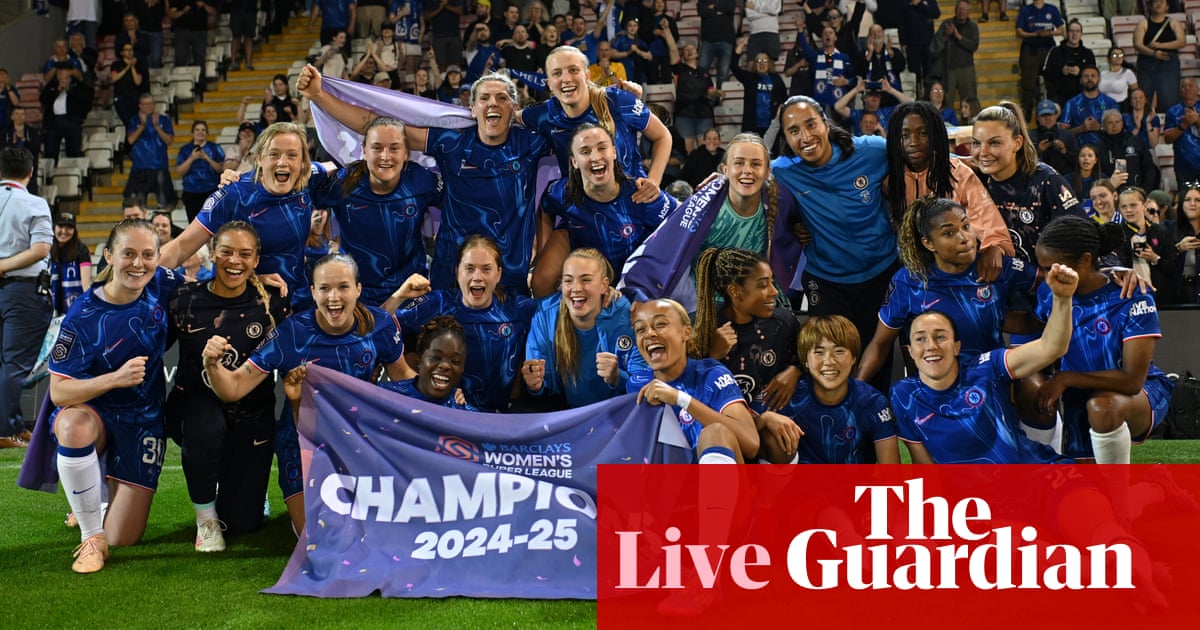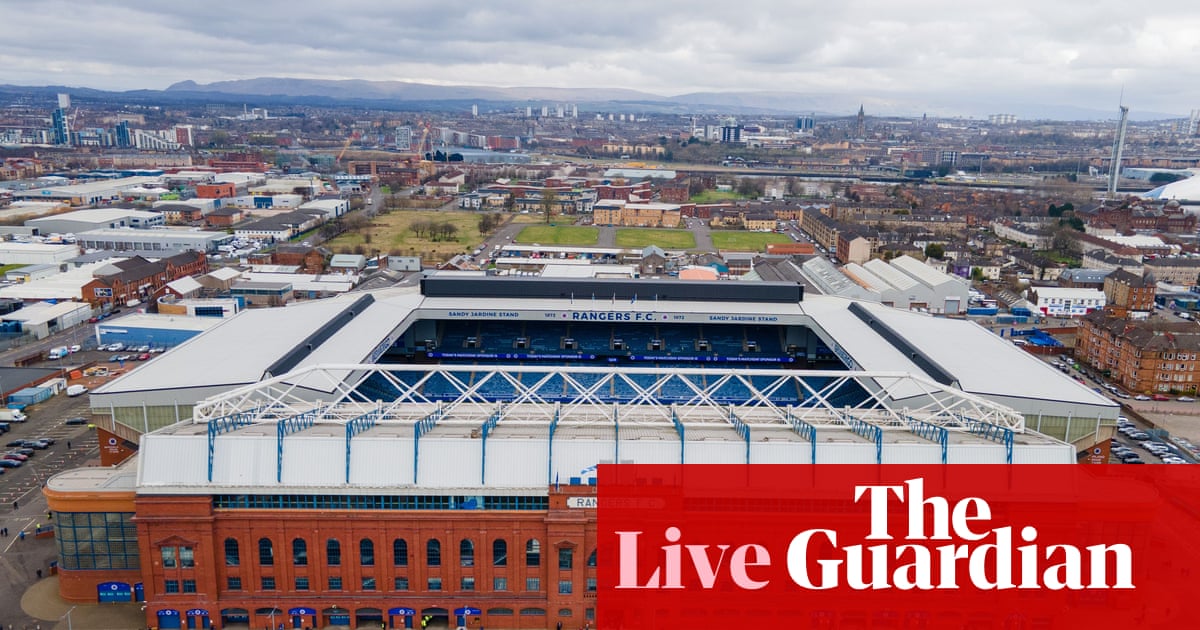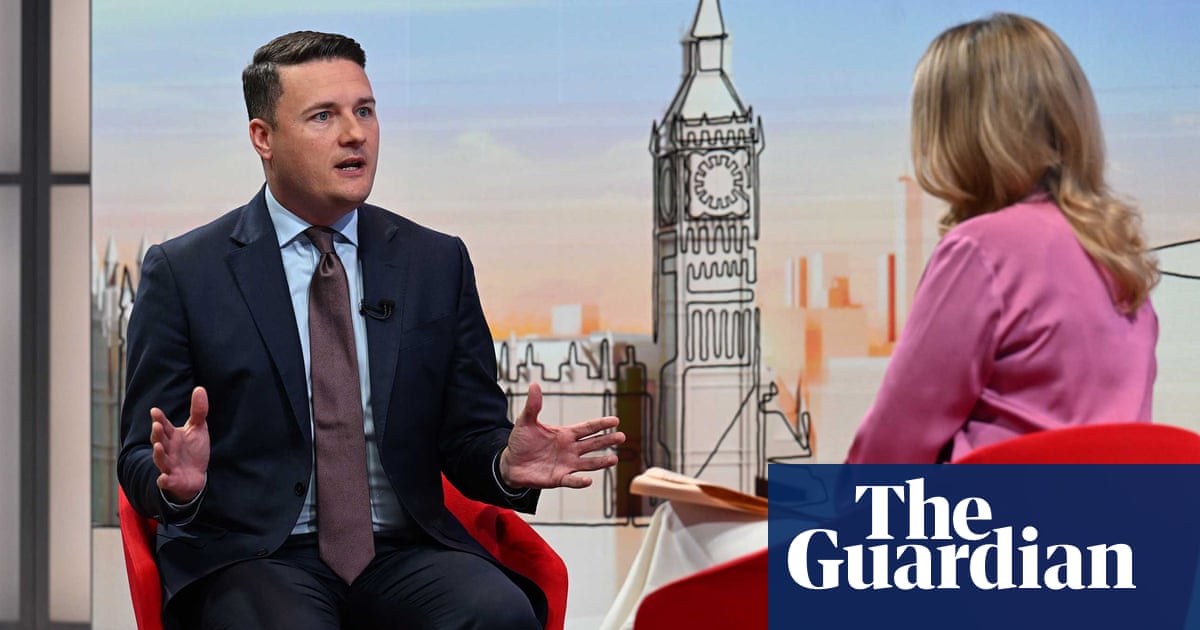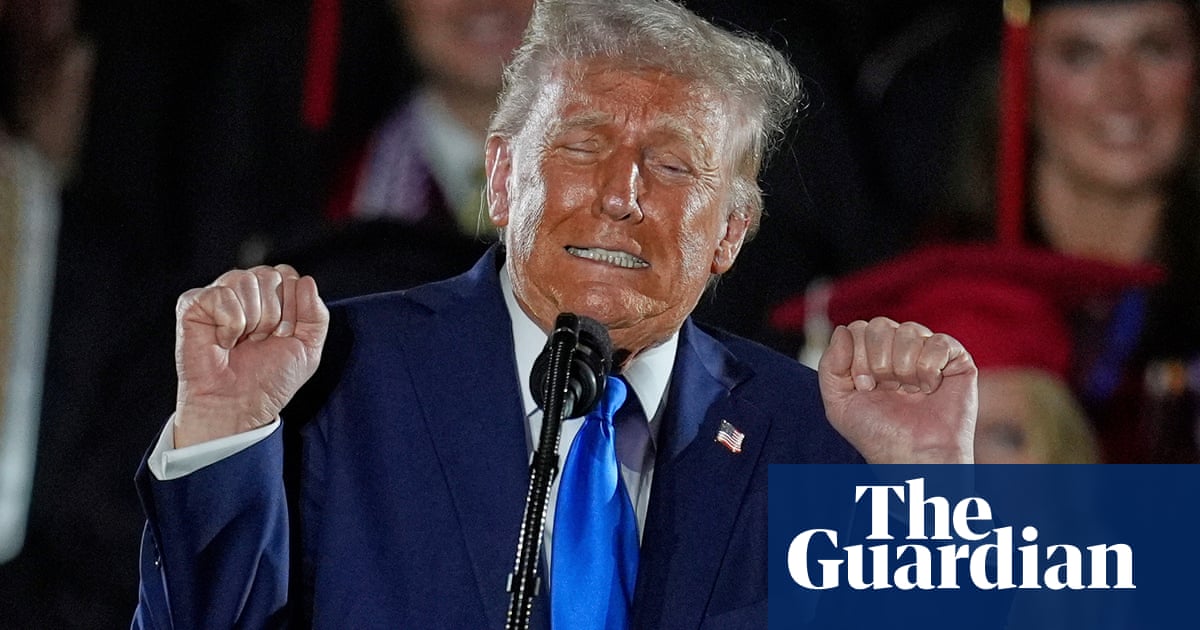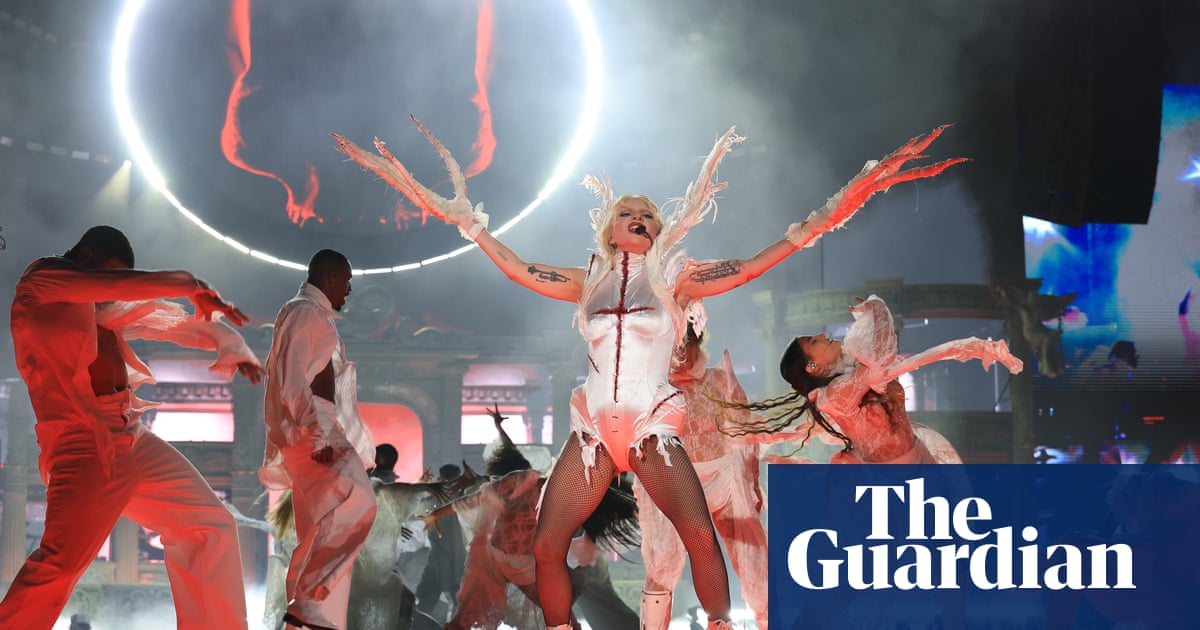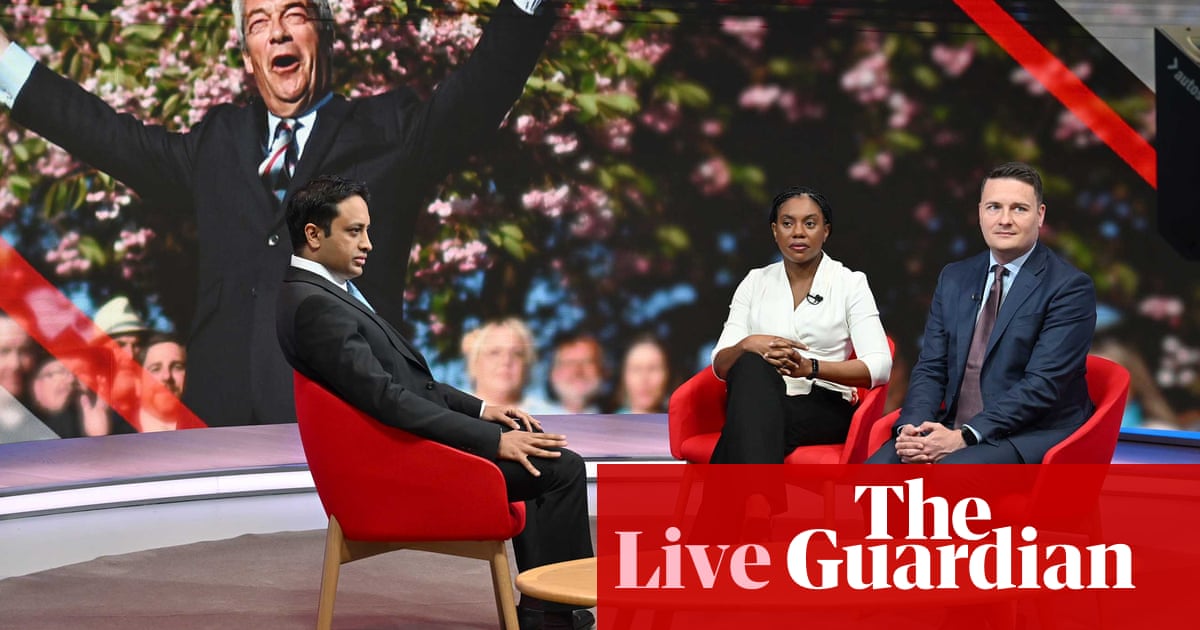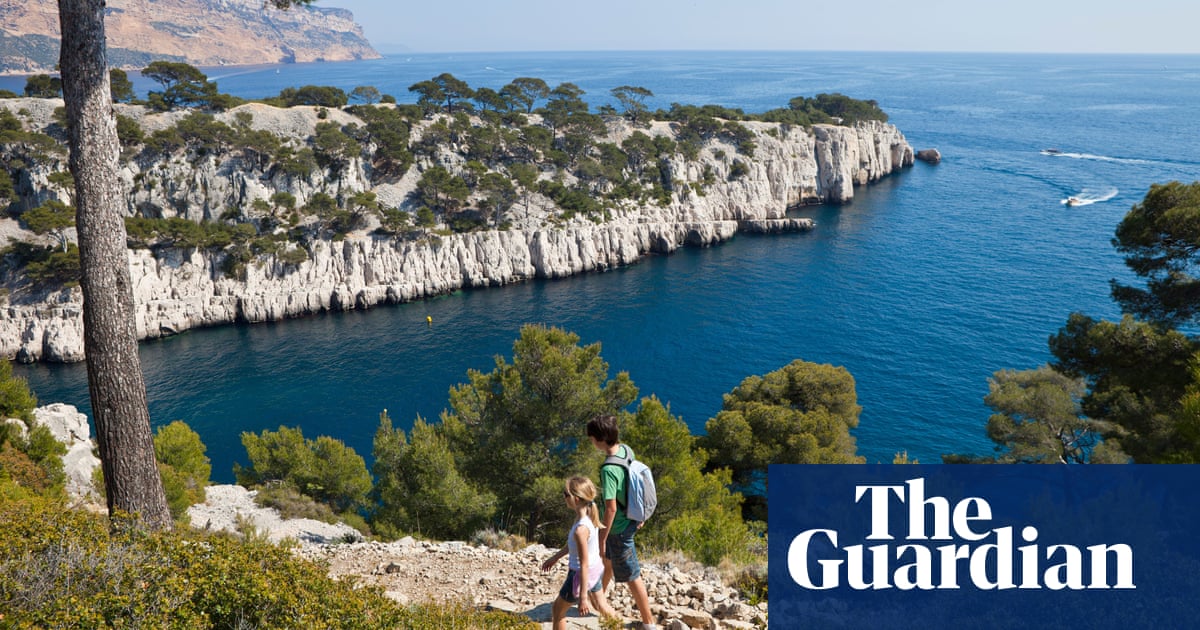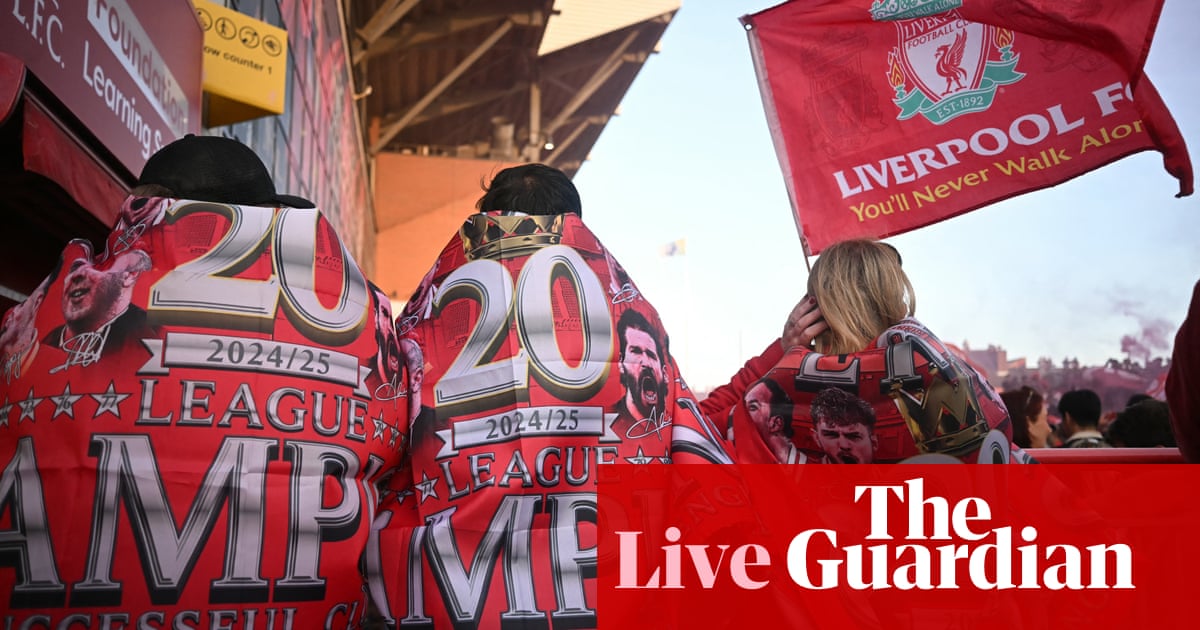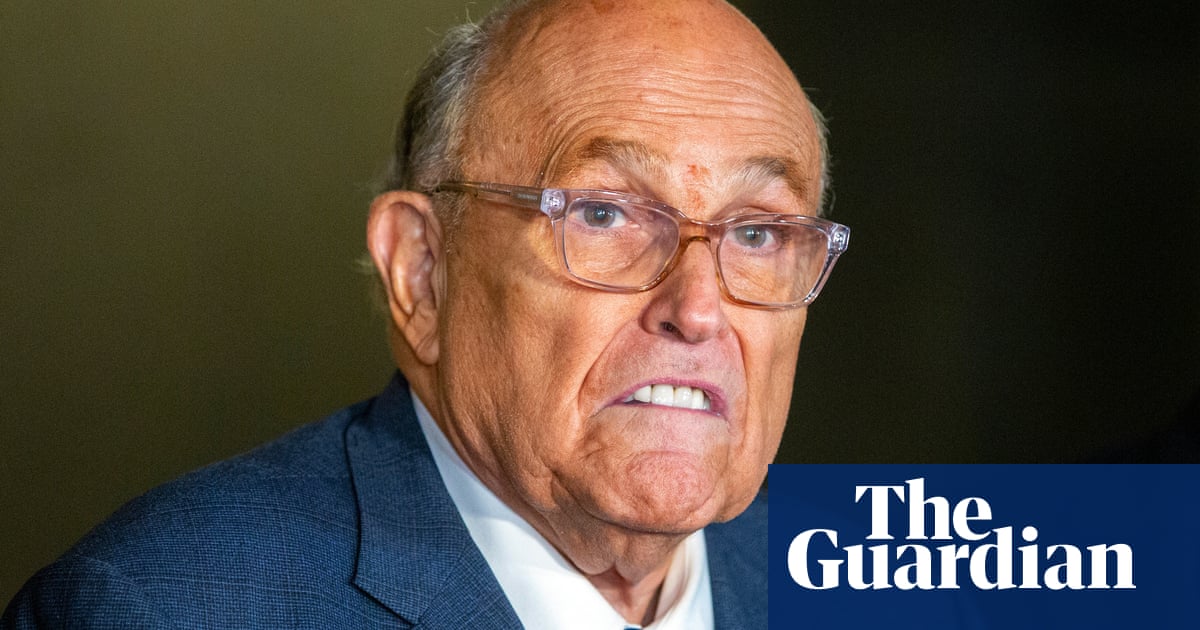Anthony Albanese says his job is to “represent Australia’s national interest” after his thumping election win, shrugging off questions about when he might visit the United States to speak to Donald Trump about tariffs and trade.
The re-elected prime minister said he had spoken to the leaders of Papua New Guinea, New Zealand, France and the UK, and looked forward to calls with the presidents of Indonesia and Ukraine.
“My job here is to represent Australia’s national interest and that’s what I’ll be doing, and the first thing I’ll be doing is going to Canberra,” he said.
Trump cast a long shadow over the opposition’s campaign, particularly after early Coalition policies including a “government efficiency” push and public service cuts proved unpopular. The opposition leader, Peter Dutton, who lost his own seat of Dickson, had intermittently flirted with Trump-style politics, as did the shadow minister Jacinta Nampijinpa Price, whose mid-campaign call to “make Australia great again” was seen as a decisive moment by some in the Labor government.
Albanese promised that Labor would be “a disciplined, orderly government” in its second term. Treasurer Jim Chalmers said the government would use its increased parliamentary majority to address challenges in housing, the renewable energy transition and boosting economic productivity, and in emerging technological issues including artificial intelligence.
The work for Labor began immediately after Saturday night’s thumping win, with Albanese heading back to Canberra after a celebratory coffee and pastry in his Sydney electorate, and Chalmers receiving briefings from the Treasury early on Sunday.
The makeup of the Senate is still to be confirmed but Albanese is likely to enjoy one of the most progressive parliaments in Australian history. The ALP national president, Wayne Swan, said it was an opportunity for Albanese to “further reshape our nation as a prosperous, egalitarian and forward-looking society”, with some in Labor already thinking the size of the win and the decimation of the Liberal party as being an opening to lock down the Treasury benches for many years to come.
“We’re not getting carried away with it,” Albanese said in Leichhardt on Sunday morning. “We’ve got a big job to do. We thank the Australian people for having faith in us.
“I think we’ve been a good government but we’ve got a good, positive agenda, and that’s what Australian people voted for yesterday.”
The Australian Electoral Commission has Labor leading in 73 seats, with a further nine likely, and about 20 still in play. The ABC has called 85 seats for Labor, with 18 still in doubt. Labor could end up with 90 or more, with the Coalition reduced to the low 40s.
The prime minister, in his victory speech on Saturday night, raised workers’ rights, housing, gender equality, childcare, the NDIS and Indigenous reconciliation as the priorities of his second-term government.
“We will be a disciplined, orderly government in our second term as we have been in our first.”
On Sunday morning Albanese visited Bar Italia, a cafe in his Grayndler electorate, in Sydney’s inner west, to have breakfast with a small group of supporters and friends. Joined by the finance minister, Katy Gallagher, and the MP Jerome Laxale, who turned Bennelong from notionally Liberal seat to a safe Labor seat with a 60-40 margin, Albanese posed for selfies with other cafe patrons and scooped gelato into cones and cups for a few customers.
He told one patron that the election result was “humbling”, then joked that Labor had “scooped up more than a few” seats.
Chalmers said the election result was “beyond even our most optimistic expectations”, pointing to unexpected seats like Petrie now likely to fall Labor’s way. On the ABC’s Insiders, the treasurer said Labor needed to approach its second term with “humility”, pointing to challenges including the cost of living and housing crisis.
“We know that this second term has been given to us by the Australian people because they want stability in uncertain times, and not because they think we’ve solved every challenge in our economy or in our society more broadly, but because we’re better-placed to work towards solving some of those challenges,” he said.
after newsletter promotion
Chalmers said Labor had an “ambitious” agenda to implement but tempered expectations for further bolder reforms by cautioning that the government would not control the Senate.
“We have a big agenda,” he said. “We’re looking forward to implementing it with confidence, with the confidence that comes from a big majority, a substantial majority.
“We have to build more homes. We’ve got to get this energy transformation right. We’ve got to do more to embrace technology, particularly the AI opportunity. There’s a huge agenda there for us.”
Chalmers said he had received a briefing from the Treasury secretary, Steven Kennedy, at 6.45am and pointed to boosting productivity in the economy as the major objective of his next few years.
“The first term was primarily inflation without forgetting productivity,” he said. “The second term will be primarily productivity without forgetting inflation … And a much broader sense of [productivity].
“Human capital. Competition policy. Technology. Energy. The care economy. These are where we’re going to find the productivity gains – and not quickly, but over the medium term.”
The scale of Labor’s victory was not publicly foreshadowed by any in the government; indeed, numerous Labor sources told Guardian Australia that several seats, including Hughes and Moore, had not been on their radar. Another critical question is how the Liberal party will rebuild after its moderate wing was all but wiped out, with the party now having little representation in Australia’s major cities.
Swan, who was the treasurer under Kevin Rudd, called the result a “generational opportunity” for Labor and a “a moment to rejuvenate our party” with a more diverse grassroots membership.
“We need to capitalise by bringing more Australians – especially working Australians – into the ranks of our great party,” he said. “Because the surest way to safeguard Labor’s achievements and its future work is to build an even stronger party, with deeper grassroots.
“Our Tory opponents are in a withered state but they will reorganise and return. Perhaps in even darker guise than we saw this election. We need to be ready for that.
“We must build a larger and more representative membership that can campaign throughout the cycle, not just at election time.”

 6 hours ago
6
6 hours ago
6
